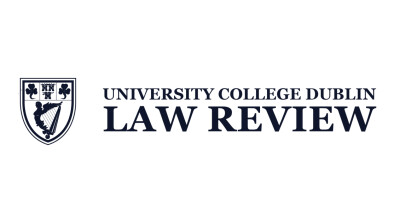Treaty on investigating and prosecuting international crimes adopted

A new treaty on international co-operation to investigate and prosecute the most serious international crimes has been adopted after two weeks of intensive negotiations.
The Ljubljana-Hague Convention is the first major treaty in the field of international criminal law since the Rome Statute which established the International Criminal Court (ICC).
The initiative was led by a core group of Slovenia, Argentina, Belgium, Mongolia, the Netherlands and Senegal, and has attracted support from more than 80 states.
Tanja Fajon, Slovenia’s foreign affairs minister, said: “The adoption of the Ljubljana-Hague Convention is a historic achievement in diplomacy and international law, representing a major step forward in our common fight against impunity and efforts to obtain justice for the victims of most serious crimes.
“With the Convention, we are translating the frequently uttered words ‘never again” into concrete action.
“It will significantly enhance cooperation among all states parties in the investigation and prosecution of the most serious international crimes and importantly contribute to the promotion of the rule of law and fight against impunity at the global level.”
She added: “With this historic adoption, we are sending a clear message to all future victims of heinous crimes: impunity will no longer persist. Justice will prevail.”
Fisseha Tekle, law and policy adviser at Amnesty International, said: “The adoption of this new convention on international cooperation is a historic step towards delivering justice to victims of crimes under international law.
“In a world with ever-more visible atrocities, and where huge numbers of victims are often left without any remedy, the convention opens more routes to justice.”
Amnesty previously criticised the UK and French governments for seeking to “water down” parts of the treaty.
Polly Truscott, foreign affairs adviser at Amnesty UK, said: “Throughout these talks the UK sided with those wanting to water the treaty down rather than making it as tough and as effective as possible.
“The final outcome is still extremely welcome and will help bring suspected war criminals and others to justice, but it’s been shocking to see UK officials choosing political expediency over principles of international justice on something as vital as this.
“It should never be a question of pursuing some wanted war criminals and some architects of genocide, while letting others slip the net because it might serve the UK’s short-term interests.”










